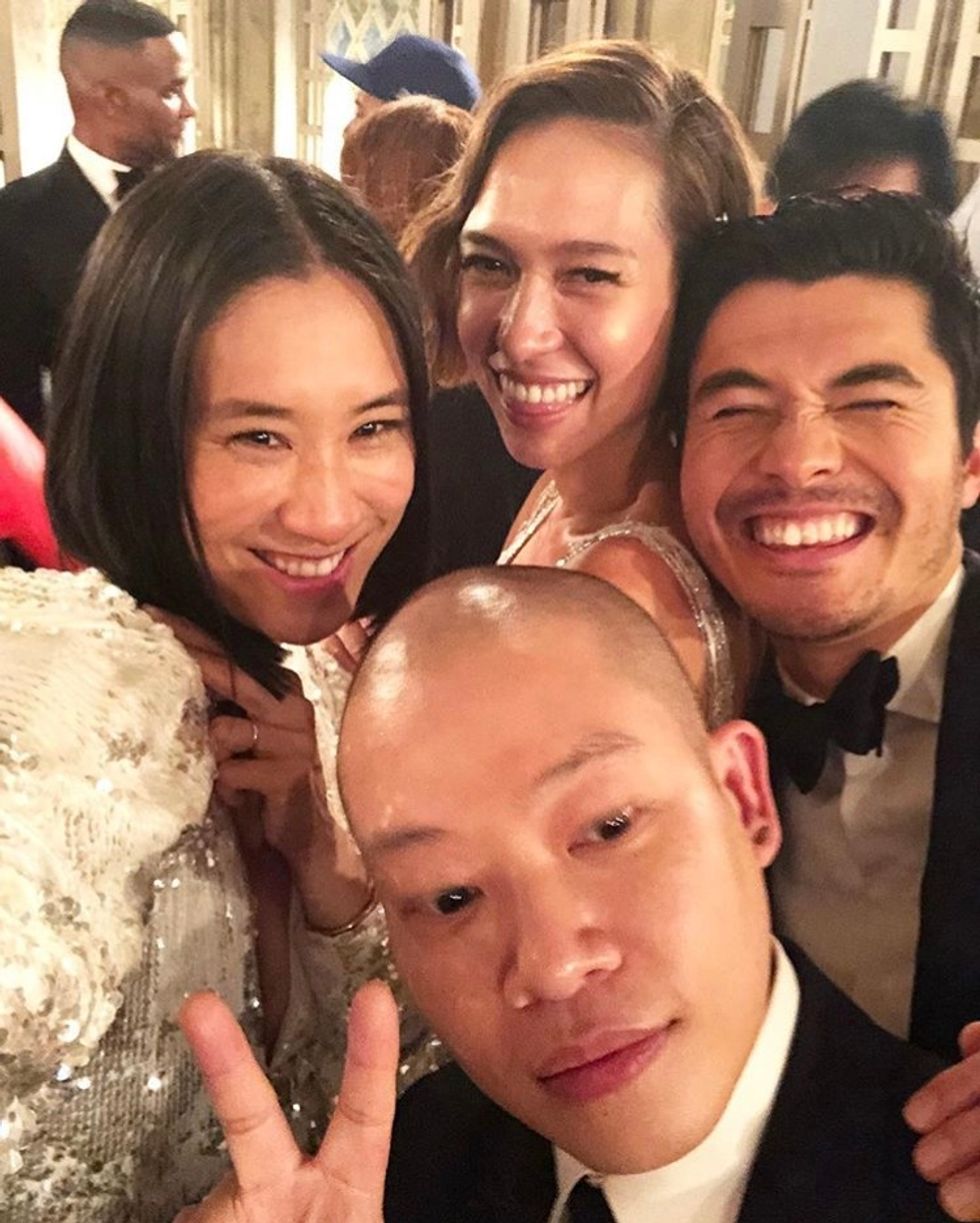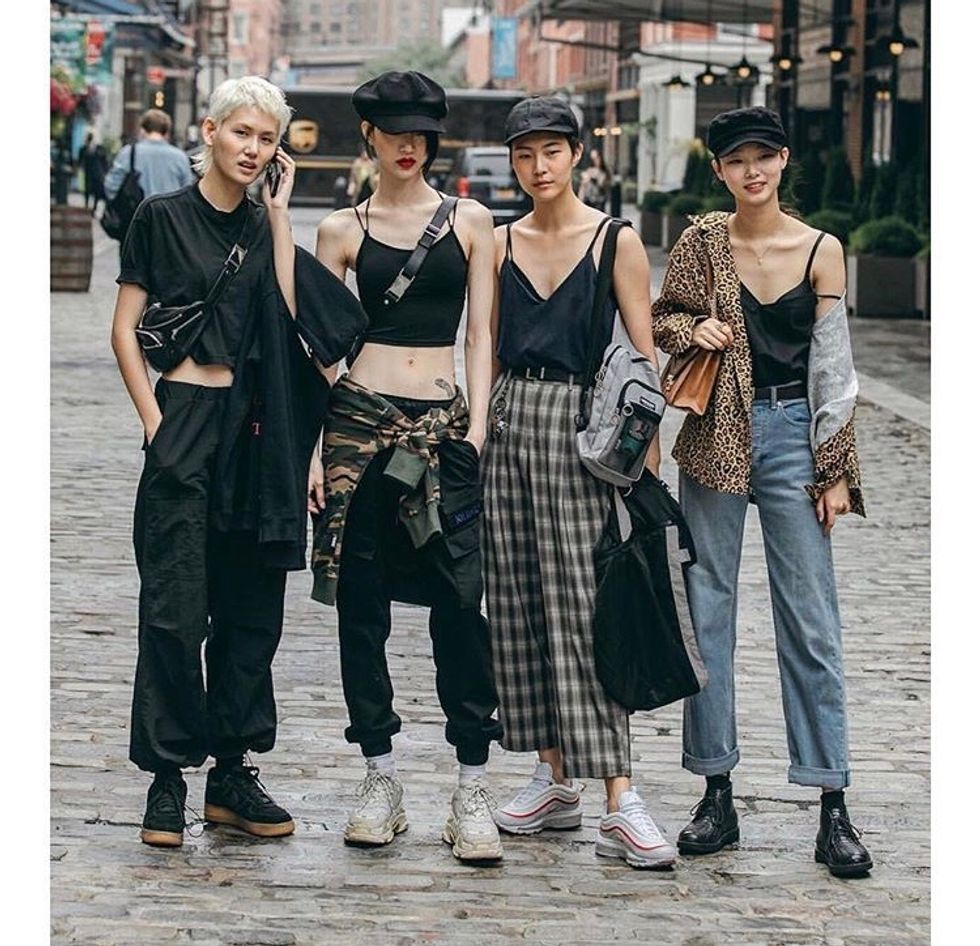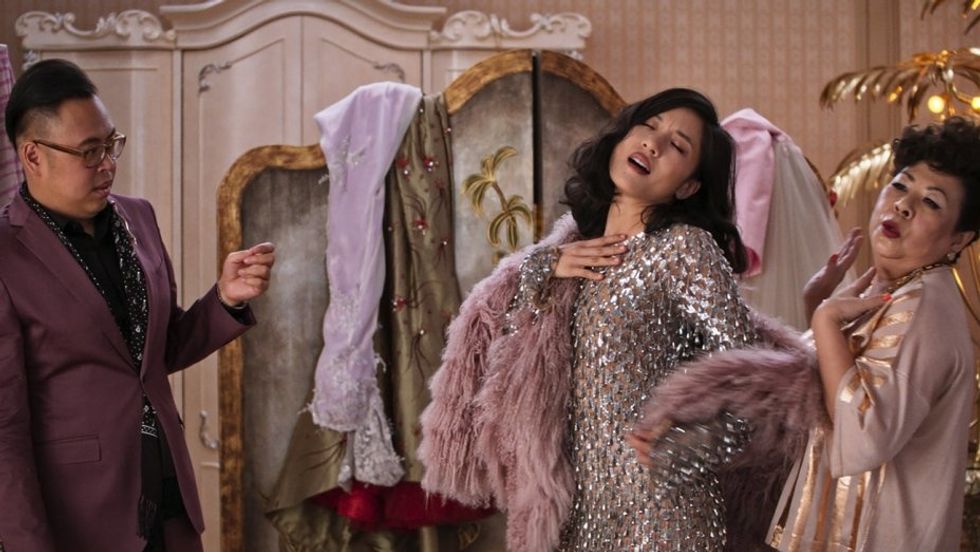Affirmative Action, From An Asian-American Point Of View
To our injustice, or to our only chance?
"Accepted into all the Ivies and more than 30 of the top schools in the US," they said. With average SAT scores but good leadership in FBLA and Student Government Association, like many of the cases seen today, the student is African American, given a leg up in college admissions as universities try to redeem themselves in the face of racial discrimination in history. This is the problem of affirmative action.
Affirmative action, created during the presidency of Lyndon B Johnson, was essentially an extension of the Civil Rights Act that banned discrimination based on race and gender. The favorability of minorities during college admissions was enacted first as a "compensation" for African Americans who were unable to attend segregated schools decades before; however, during the case Bakke V. University of California, the Supreme Court ruled that affirmative action could not set quotas for certain races but must have policies to promote diversity, which creates a conflict: how can you obtain a diverse student body if you cannot have concrete numbers for the amount of students of a certain race?
For many minorities, such as Latinos, they benefit from an eased admission process, admitted to top universities despite having the same scores as other equally qualified peers; however, for Asians, we face the opposite. Such racially charged considerations raise the qualifications needed to win over top schools while overall academics and standardized test scores well outpace those of other races.
See video: What We Get Wrong About Affirmative Action
This creates an unfair dynamic for the hardworking students who balance many AP classes while training for sports or taking on leadership roles, forcing them to pile their schedules with even more activities that can strain their mental health. The expectations set for Asian Americans skyrocket to enormous proportions, which force those who are Asian and not performing academically well to suffer even more, discriminated stronger against simply because they are Asian. For the parents who have the money to pay for extra SAT prep classes and pre-college programs to set their kids ahead and distinguish them among a mass group, they expend thousands of unnecessary dollars that other minorities can simply ignore to become admitted to the same place.
Nonetheless, affirmative action is still crucial for the well being of the overall student body. It provides many opportunities to people living below the poverty line or those lacking resources, offering them a chance that may change their lives. Their admission to elite colleges aims to distinguish the success of those who cannot escape the grasps of the social class to the corruption of those who 'bribe' their way to the top. Without such system, colleges may return to the state of being "all white," segregating minorities. The importance of diversity exemplified by this policy not only gives everyone a chance but also promotes a richer learning environment.
See more: The Uncomfortable Truth About Affirmative Action and Asian Americans
The actions against the success of Asian Americans are unjust, unfair and underestimated by the public. With such stereotype-enforced policies, we are never the full right to succeed through merit, hard work and qualifications. No matter how hard we work, how many hours we put into earning that Valedictorian title, how many weeks we spent at that SAT prep class to get a 1590, those standards are never enough. Only if affirmative action standardizes merits for people across the board does it truly benefit the integration of diversity into American society and finally erase the racial tensions that plagues the US from its beginning.































